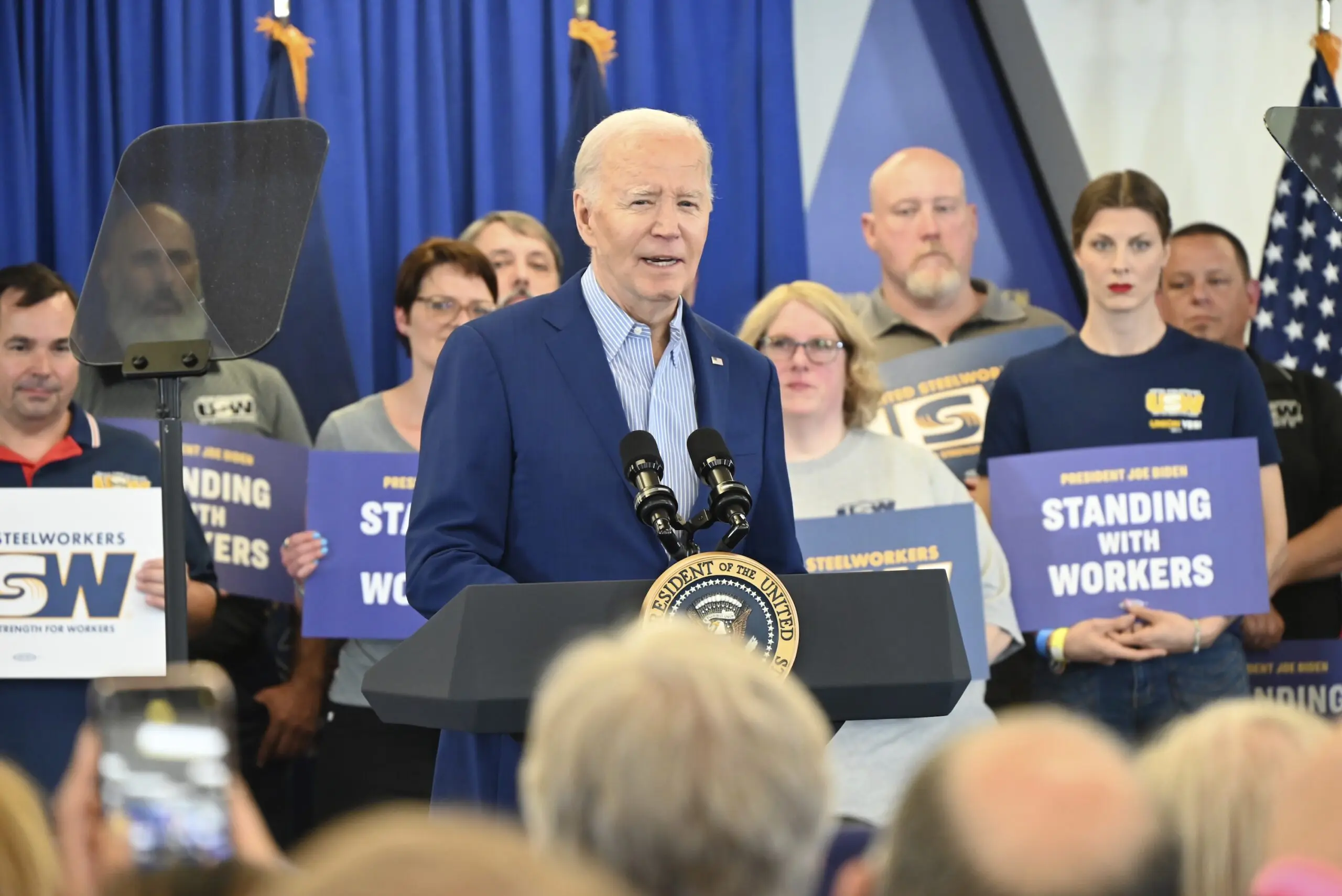Economy, Politics, White House
Biden administration launches investigation of China exports following unions' request

Economy, Politics, White House

National, Politics, U.S. Senate

National, Politics, U.S. Senate

National, Politics, U.S. Senate
